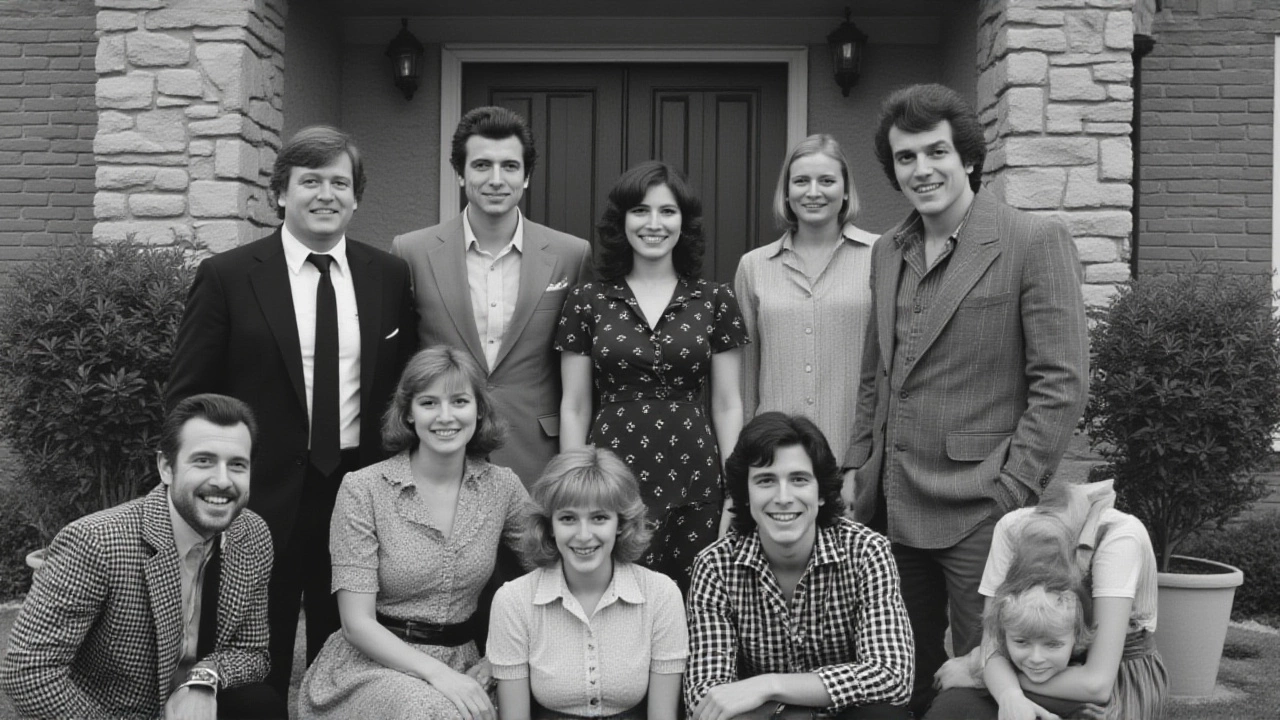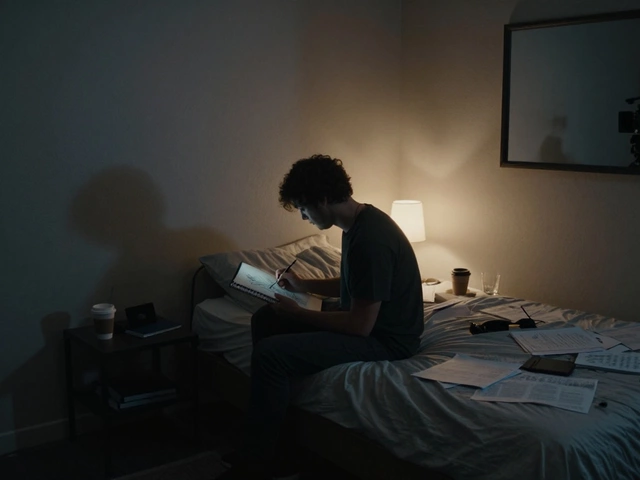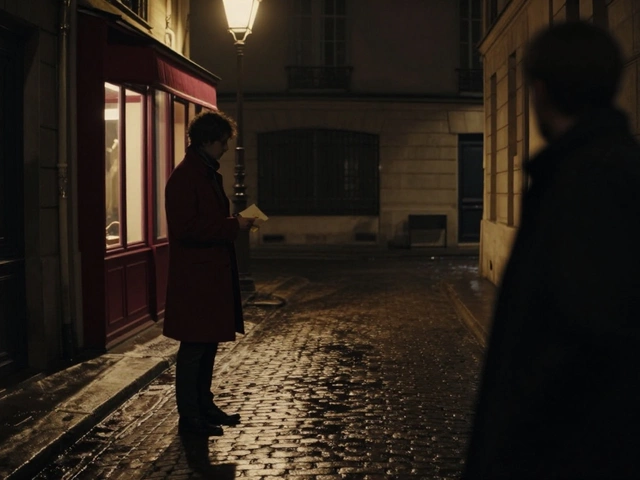When Jeri Weil walked away from 'Leave It to Beaver' after just three seasons, the world assumed she’d been fired. Turns out, she quit — and the reason is as raw as it is revealing. At 77, Weil, who played the sharp-tongued Judy Hensler, finally broke her silence in 2025, telling interviews with ReMind Magazine and 'That's Classic!' that the real culprit wasn’t a producer’s decision — it was the way her body was treated on set. "They didn’t fire me," she said. "I let them go. That’s the true story." The show, which aired on CBS from 1957 to 1963 and was produced by Revue Studios (later Universal Television), was a portrait of idealized American suburbia. But behind the white picket fences and neatly pressed uniforms, Weil’s experience was anything but wholesome. She appeared in 31 episodes as Judy Hensler, Beaver Cleaver’s outspoken classmate — a character who didn’t just sass back, but often called out his nonsense. "I guess I had the biggest mouth," Weil joked in her March 2025 interview. "Or the biggest personality. Something like that." But as puberty hit, the fantasy cracked. "I was bigger than all the boys. I was taller. And they really had a problem with me starting to develop," she recalled. While Jerry Mathers, who played Beaver, remained boyish and unchanged, Weil’s body began to shift — and the production team didn’t know how to handle it. They didn’t offer support. They didn’t adjust scripts. They wrapped her in ace bandages. "I was starting to get tits," she said bluntly. "And they brought in ACE bandages and started covering me up." The breaking point came during a baseball scene. Judy was supposed to hit a home run — and twirl in her skirt afterward. "It was the first time I had my period," Weil said. "I was wearing a full skirt. They wanted me to twirl. I was freaked out they were going to see my Kotex. You know what I mean?" The boys didn’t have to worry about this. They didn’t have to hide. They didn’t have to be shamed for growing up. But Weil did. "The boys didn’t show that they were growing up. But for me, you could see I was getting tits." She didn’t argue. She didn’t protest loudly. She just stopped. "When she was made to shoot the scene, she decided she no longer wanted to act," reported Parade on August 26, 2025. That was it. No legal battle. No press release. Just silence. She vanished from acting. No pilots. No guest spots. No reunion specials. She didn’t even watch reruns for decades. For years, rumors swirled. Some said she was fired for being difficult. Others claimed she was too old for the role — even though she was only 13 when she started. "I read once where it said they fired me," Weil said in her ReMind interview. "But that wasn’t true." The truth was quieter, and far more painful. It wasn’t about talent. It wasn’t about attitude. It was about a system that saw a girl’s body as a problem to be contained — not a natural part of growing up. Her departure marked the end of her acting career — but not the end of her story. In 2025, at 77, she finally chose to speak. Not for fame. Not for nostalgia. But because the silence had become heavier than the bandages.
Why This Matters Beyond a Classic TV Show
Jeri Weil’s story isn’t just about 'Leave It to Beaver'. It’s a microcosm of how child stars — especially girls — were treated in Hollywood’s golden age. In the 1950s and 60s, studios often ignored the emotional and physical toll of early fame. Girls were sexualized before they understood it. Bodies were controlled. Voices were silenced. Weil’s experience echoes decades later in the #MeToo reckoning in entertainment, where young actors finally found the courage to say: "This wasn’t okay." What’s chilling is how common this was. Similar stories have surfaced from stars of The Andy Griffith Show, Happy Days, and even The Mickey Mouse Club. But few have been this direct — this unflinching. Weil didn’t sugarcoat it. She didn’t blame the writers or the directors. She named the system: the bandages, the twirling scene, the refusal to acknowledge her humanity.What Happened After She Left
Weil didn’t just disappear — she disappeared on purpose. After 'Leave It to Beaver' wrapped in 1963, she stepped away completely. She didn’t audition. She didn’t take photos. She didn’t attend fan conventions. She went to college. Got married. Raised kids. Lived quietly in California. For over 60 years, she avoided the spotlight. Even when the show was revived in syndication or when anniversary specials aired, she stayed silent. "I had such a bad taste in my mouth from those experiences," she told ReMind Magazine. "I just stopped and wanted nothing to do with it." It wasn’t until 2025 — when a new generation began asking about the treatment of young actors — that she felt ready to speak. "I thought, maybe now someone will listen. Maybe they’ll understand why I left."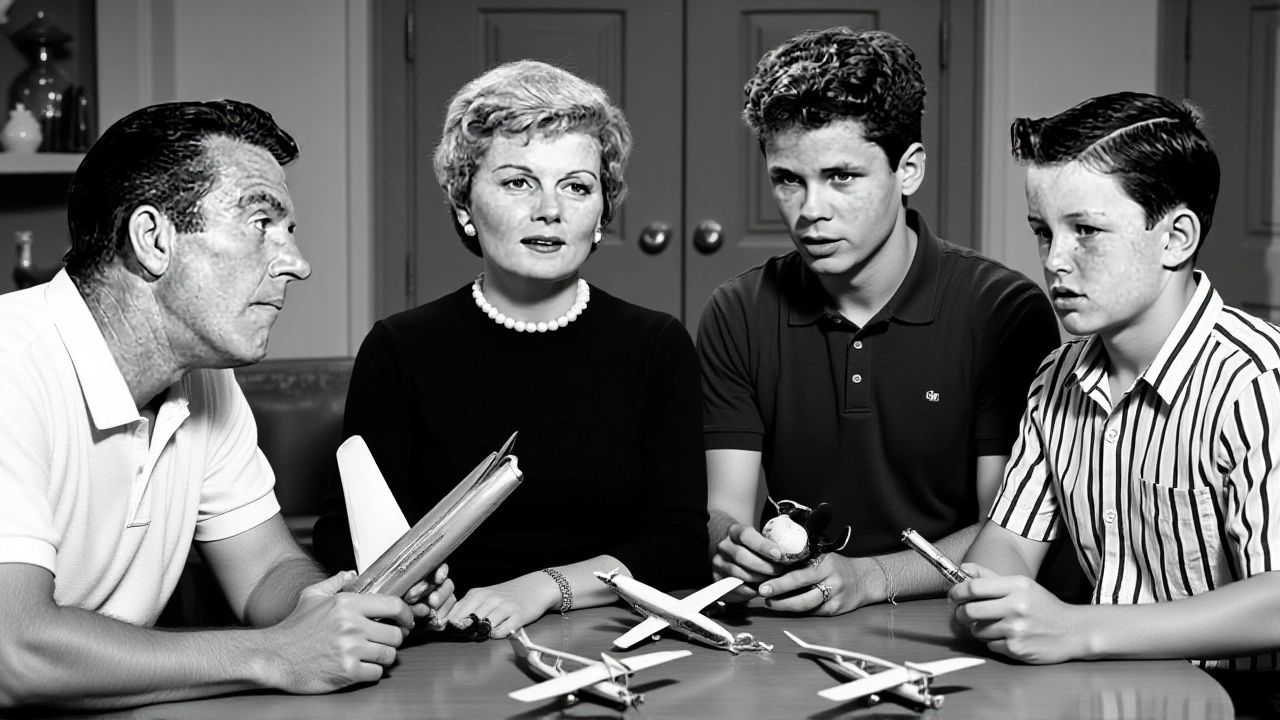
What’s Next for the Legacy of Judy Hensler
Jeri Weil’s revelation has already sparked renewed discussion about child labor protections in entertainment. Advocacy groups like Child Actors United have cited her case in calls for stricter guidelines on physical privacy and mental health support for minors on set. Meanwhile, the Museum of Television & Radio is considering adding an exhibit on "The Hidden Costs of Innocence," using Weil’s experience as a centerpiece. As for Weil? She says she’s at peace. "I let them go," she repeated in her final interview. "And now, I’m finally letting myself be who I am."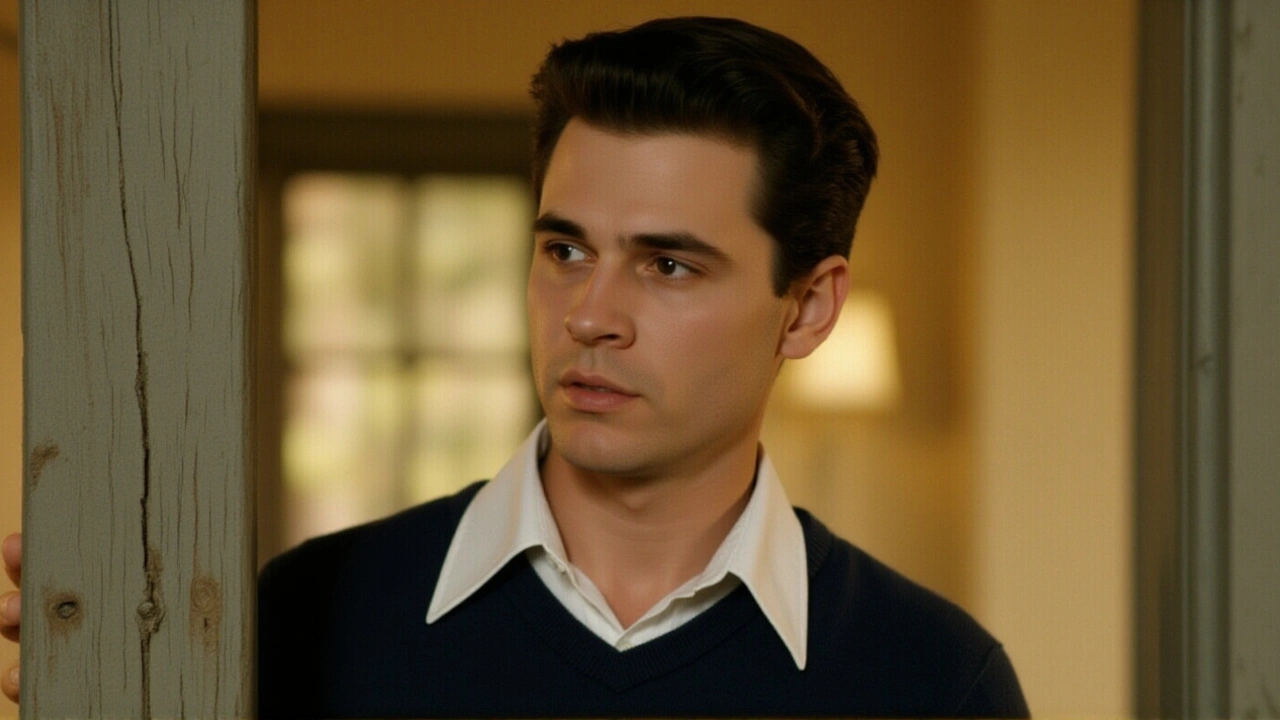
Frequently Asked Questions
Why did Jeri Weil leave 'Leave It to Beaver' if she wasn’t fired?
Jeri Weil left because production forced her to wear ace bandages to hide her developing body and made her film a skirt-twirling scene while menstruating, fearing exposure of her sanitary pad. She described the experience as dehumanizing and chose to walk away entirely, stating, "I let them go. That’s the true story." No termination notice was issued — her departure was entirely voluntary.
How many episodes did Jeri Weil appear in as Judy Hensler?
Jeri Weil portrayed Judy Hensler in 31 episodes across the first three seasons of 'Leave It to Beaver,' from 1957 to 1960. The show continued for three more seasons without her, concluding in 1963. Her character was written out as having moved away, though no on-screen explanation was ever given.
What was the significance of the baseball scene in Weil’s decision to quit?
During the filming of a baseball scene where Judy hits a home run, Weil experienced her first period while wearing a full skirt. Production insisted she twirl after the home run — a move that would have exposed her pad. She was terrified and humiliated. That moment crystallized her realization that her body was being treated as a problem, not a natural part of growing up — and she decided she couldn’t continue.
Did Jeri Weil ever return to acting after 'Leave It to Beaver'?
No. After leaving the show in 1960, Weil never acted again. She avoided Hollywood entirely, attending college, marrying, and raising a family in California. For over six decades, she declined interviews and avoided public appearances related to the show — until her 2025 revelations.
Why did it take until 2025 for Weil to speak out?
Weil said she stayed silent because she didn’t want to relive the trauma — and because no one asked the right questions. In 2025, with increased public awareness around child actor rights and #MeToo, she felt the time was right to correct the record. "Maybe now someone will listen," she said. Her decision wasn’t about fame — it was about truth.
How did 'Leave It to Beaver' handle other child actors’ puberty?
Unlike Weil, the male leads — Jerry Mathers (Beaver) and Tony Dow (Ward) — experienced no similar interventions as they aged. Their physical development was ignored or written into the story naturally. No bandages. No reshoots. No embarrassment. This gendered disparity highlights how child actresses were routinely policed while boys were allowed to grow up without scrutiny.
